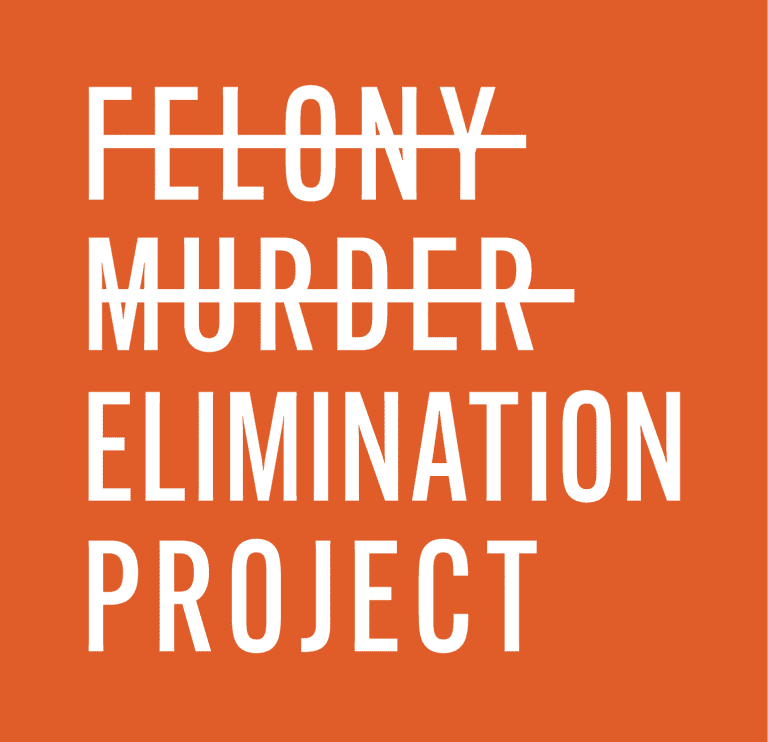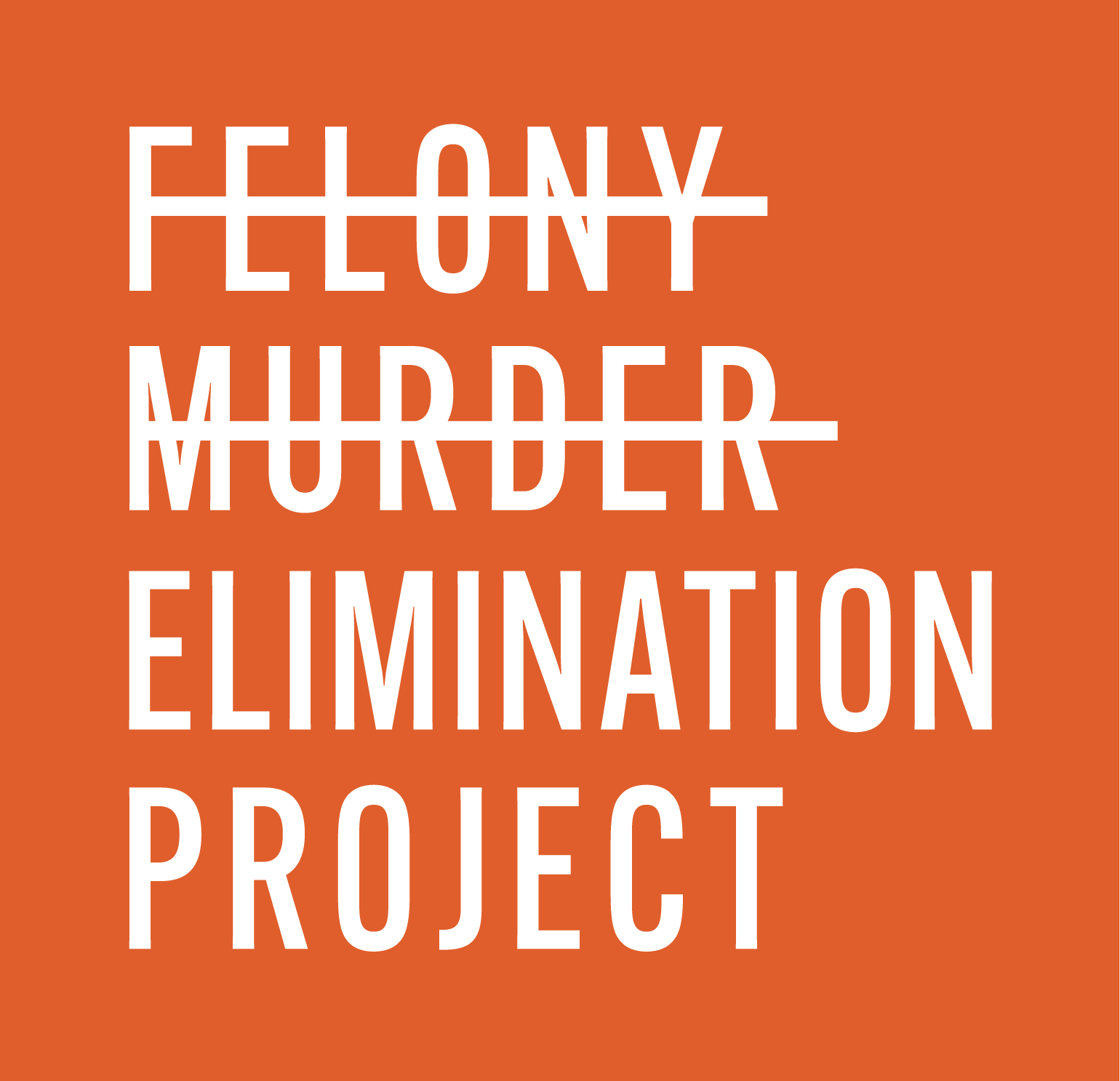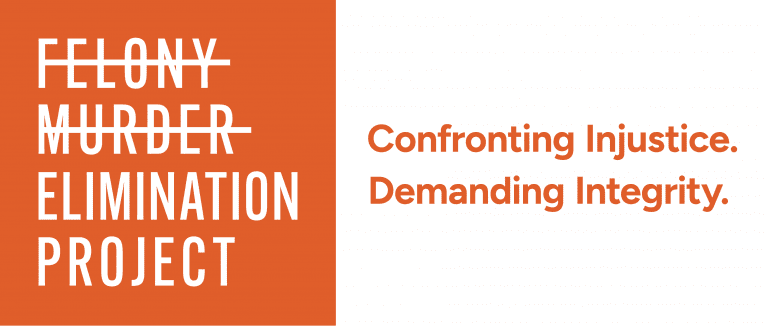The following essay “What Decades in Prison Have Taught Me About Resisting Incarceration” is written by Tony Vick, an incarcerated writer in Tennessee, and was featured in Filter Magazine in August 2025.
Excerpts are featured below.
In 2006, the prison where I was being housed routinely served a breakfast that included worms in the oatmeal, and sour expired milk. I’d been incarcerated for about a decade by then, and was beginning to untangle my shame and guilt from the idea that my fellow prisoners and I still had the right to humane treatment. In the hope of creating a change, I encouraged a nonviolent protest: One morning, in our 1,800-person prison, all but 100 or so skipped breakfast.
I’m an old man now, and my eagerness to hold “the man” accountable has tempered a bit. Not because conditions have improved, but because being shackled and loaded onto the chain bus does not work well for my arthritis and my bladder that demands to be emptied every hour. But as I reach the stage in life where one wonders how to make the best use of whatever time is left, I’ve found other forms of resistance that have often been more effective and more fulfilling. I can’t change the system, but I can create positive change for the people in my living unit, including myself.
“Hopelessness kills the spirit, and it becomes impossible to feel anything,” he (Perry, member of a trauma group for incarcerated men) told Filter. “If I don’t resist this environment and the culture it wants us to adopt, I’ll be a shell of a human being, and my family deserves more than that.”
Prison encourages and rewards toxic masculinity, and it’s hard to believe that it’s okay to talk about your feelings when no one around you is doing it. But a group setting, among peers who won’t use our vulnerability against us, allows us to explore our emotions—positive and negative.
James, for example, described living with so much regret and shame that sometimes he can’t raise his head to face people. But in our group, we can discuss shame as a collective.
“That feels like I’m sharing that burden,” he told Filter. “I even find myself smiling without feeling guilty sometimes. Joy is creeping back into my heart. I’ve missed it.”
Prisons across the country are offering less and less recreational or therapeutic programming. Often the only types of group activities left are religious in nature. I’ve been at facilities where there would be volunteers who’d come in to do workshops on various topics, but nothing like this. I’ve never seen any official prison programming that gave us space to share the brokenness we feel without expectation or judgment, and mutually encourage each other in putting ourselves back together. The community we build is the fine metal that makes our broken pieces stronger and more precious. To resist incarceration by holding onto our humanity, by finding thoughtfulness, mindfulness, peace and joy.
You can read the full essay, “What Decades in Prison Have Taught Me About Resisting Incarceration” at the Filter Magazine website. The mission of Filter Magazine is to advocate through journalism for rational and compassionate approaches to drug use, drug policy and human rights.
Tony Vick has served almost three decades of a life sentence in Tennessee. He is the author of two books, Secrets From a Prison Cell (Cascade Books, 2018) and Locked In and Locked Out (Resource Publications, 2023). His writing has also been published at Solitary Watch, the Progressive, Truthout, Shado and in multiple books and anthologies, the most recent of which is Storms of the Inland Sea (Shanti Arts, 2022). His Filter story about CoreCivic medical care won “Best News” at the 2025 Stillwater Prison Journalism Awards.



